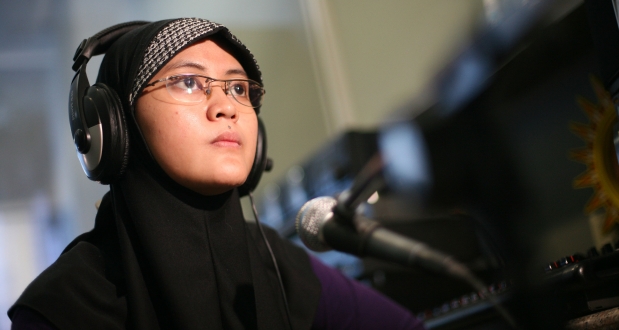- About
- Topics
- Picks
- Audio
- Story
- In-Depth
- Opinion
- News
- Donate
- Signup for our newsletterOur Editors' Best Picks.Send
Read, Debate: Engage.
| March 29, 2019 | |
|---|---|
| topic: | Women's rights |
| tags: | #domestic violence, #Italy, #dicorce, #human rights, #UN, #La Lega |
| located: | Italy |
| by: | Federica Tedeschi |
The new divorce bill, put forward by the country’s far-right party ‘La Lega’ last September, wants all children to spend at least twelve days a month with each parent (including night time), and domestic violence would not necessarily change terms and conditions.
Proposals for reforms of the almost fifty-year-old Italian divorce law have been presented as a way to promote actual co-parenting in divorce. The plan has however drawn criticism and sparked protests across the country because of its implications.
Marcella Pirrone, a renowned family lawyer who has been focusing on women in the criminal justice system for thirty years, said the proposed divorce reform was against human rights law and the Italian constitution itself.
More specifically, she stressed that the new law being considered by parliament would violate a European convention on women’s rights, by potentially putting domestic violence victims in more danger.
The ‘Pillon bill’ aka ‘Pillon ddl’, named after conservative senator Simone Pillon, has been at the centre of a storm since it was announced last August.
The United Nations (UN) wrote to the Government to express their concern ‘around a bill to reform the law on child custody after separations, which denies the problem of domestic violence’.
The letter, written by the UN's Special Reporter on Violence against Women, Dubravka Šimonović, along with Ivana Radačić, a member of the UN Working Group on the Issue of Discrimination against Women in Law and in Practice, was published by the Huffington Post at the end of October 2018. The ‘Pillon ddl’ could amount to ‘a serious regression that would feed gender inequality’, according to the authors of the message.
Among the many issues that the letter criticises, is the obligation for all children, including those coming from a violent family environment, to spend equal time with both parents after the divorce. The letter also highlights that separating couples with minor children, have the duty to go through a mediation process to help them draw the best parenting plan which chooses residence, schooling and holiday arrangements, and they have to pay for it.
The first session with a professional mediator is, however, free of charge.
The text of the ‘Pillon ddl’ (ddl n.735) as published on the government website, confirms that all wannabe divorcee couples with children under 18, will be required to go through mediation with their partners and take care of the cost.
‘It is however unclear which procedure the mediators are required to follow, especially when domestic violence is involved and it is not specified if the selected professionals will be qualified enough to deal with those more difficult situations’, commented the Economics & Business newspaper ‘Il Sole 24 Ore’.
The business publication also interviewed Mr Pillon, who stressed how the main objective of the bill is to guarantee children maintain the same weekly routine even after their parents’ divorce.
‘If the father used to bring the children to school every morning, for instance, there is no reason for this habit to stop, as we want to make sure they are affected by the divorce as little as possible,’ he said.
Commenting on the accusation that the bill could threaten the women’s safety in case of domestic abuse, Mr Pillon answered that joint-custody won’t be granted in case of episodes of violence within the family.
Article 11 of the bill, however, only explicitly refers to violence against the child. It also reads that the nature of the relationship between parents does not interfere with the importance of guaranteeing joint-custody to the children.
Divorce was introduced in Italy in 1970 and the law was subsequently amended several times until 2015; much has changed in five decades. Why is the government planning to take a step back in time, then?
Soon after the bill was announced, women, members of women’s rights groups and legal and psychologist associations protested in over 60 Italian cities. They marched against a law that ‘would turn back the clock on women's rights half a century’, according to lawyer Marcella Pirrone.
Mr. Pillon is hoping for the ‘ddl n.735’ to become law by the end of April, after having postponed the date of several months because of widespread criticism.
Meanwhile, the far-right politician has also been accused of having a conflict of interest, because he is a mediator himself.
By copying the embed code below, you agree to adhere to our republishing guidelines.
